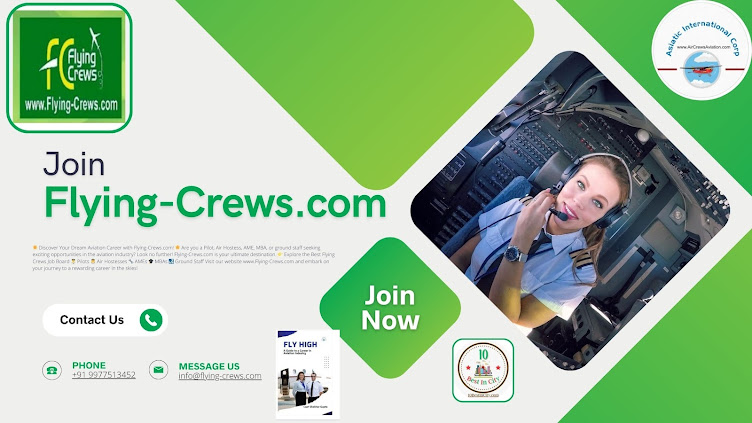Essential Skills for Aspiring Aviation Professionals
The aviation industry is fast-paced, demanding, and highly rewarding. To succeed, aspiring professionals need to cultivate a blend of technical expertise, interpersonal skills, and adaptability. Here are the essential skills every aspiring aviation professional should develop:
1. Technical Proficiency
Aeronautical Knowledge: A solid understanding of aerodynamics, Aircraft systems, and navigation principles.
Regulatory Awareness: Familiarity with aviation regulations such as FAA (Federal Aviation Administration) or ICAO (International Civil Aviation Organization) standards.
Technical Tools: Proficiency in tools like flight planning software, Aircraft maintenance systems, and simulation programs.
2. Communication Skills
Clear and Concise Communication: Essential for Pilots, Air traffic controllers, and Ground Staff to ensure safety and efficiency.
Multilingual Abilities: In a global industry, speaking multiple languages is a significant asset.
3. Situational Awareness
Understanding the environment and anticipating potential issues is crucial, especially for Roles like Pilots and Air traffic controllers.
4. Decision-Making and Problem-Solving
The ability to make quick, informed decisions under pressure is vital in emergency scenarios and everyday operations.
5. Leadership and Teamwork
Leadership: Necessary for managing crews and ensuring operational efficiency.
Team Collaboration: Seamless coordination among Pilots, Cabin crew, and Ground Staff enhances the travel experience.
6. Adaptability and Resilience
The aviation industry is dynamic, with schedules, weather, and unforeseen events constantly changing. Being adaptable ensures smooth operations.
7. Customer Service Skills
For Cabin crew and Ground Staff, excellent customer service ensures passenger satisfaction and loyalty.
8. Safety Awareness
Strict adherence to safety protocols and procedures is the foundation of the aviation industry.
9. Emotional Intelligence
Understanding and managing emotions effectively helps maintain professionalism and build rapport in a high-pressure environment.
10. Cultural Competence
With aviation being a global industry, the ability to respect and work with diverse cultures is critical.
11. Continuous Learning and Development
Staying updated with the latest technologies, safety protocols, and industry trends keeps professionals ahead in their careers.
Conclusion
Aspiring aviation professionals must cultivate these skills to thrive in this competitive and ever-evolving industry. Whether you dream of flying Aircraft, managing Airport operations, or excelling as Cabin crew, these skills will set the foundation for a successful aviation career.
Shrishty Sharma
Manager HR/ Author
Asiatic International Corp
Shrishty@Flying-Crews.com
Shrishty@Air-aviator.com
LinkedIn :
Link tree: https://linktr.ee/Shrishty_HRM_Flying_Crews
Vcard:
https://shrishtysharma.vcardinfo.com
Instagram : https://www.instagram.com/flyingcrewhrm
YouTube :
https://www.youtube.com/aerosoftcorp



No comments:
Post a Comment